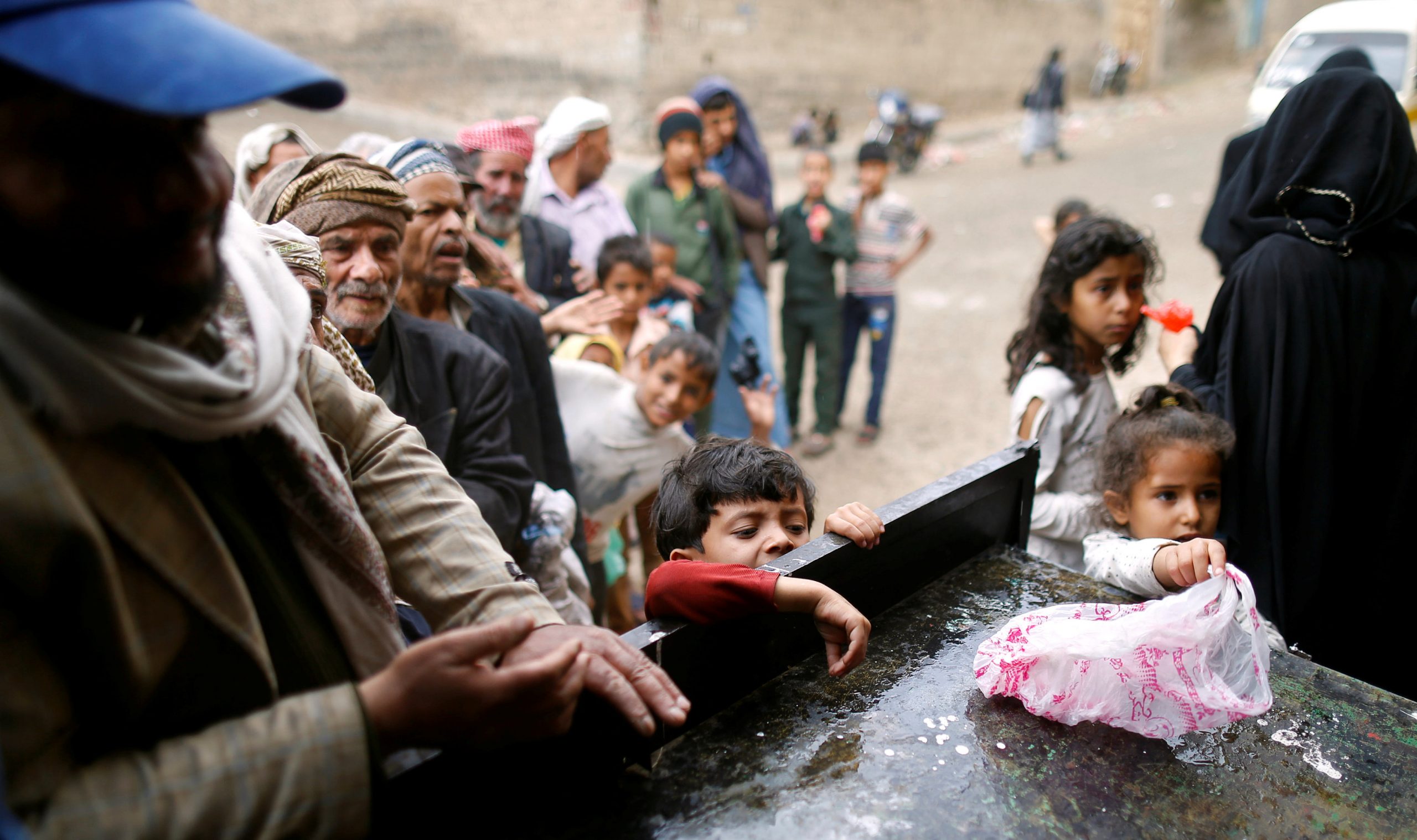More than seven years of conflict have devastated people’s lives in Yemen

Tens of thousands of civilians have been killed or injured since 2015, while millions have been pushed deeper into poverty, hunger and desperation. The conflict has also set back decades of development progress, and is estimated to have cost the country more than $120 billion in potential economic growth.
Multiple drivers are exacerbating people’s needs. In addition to the ever-growing civilian toll of the conflict, people in Yemen face manifold threats to their safety, well-being and dignity. Yemen’s spiraling economy – itself a product of the war – is a major driver of humanitarian needs. As the currency has collapsed and prices have surged, fewer people are able to afford to meet their basic needs, and are becoming increasingly dependent on humanitarian assistance. Years of conflict have also pushed basic services in Yemen towards the brink of collapse, making it more and more difficult for people to access healthcare, education, clean water, sanitation and social protection.
The humanitarian community in Yemen is continuing to do everything it can to respond. In 2021, aid agencies delivered lifesaving assistance to 11.6 million people on average each month. Last year, more than 200 humanitarian organizations worked together to reach communities across the country with vital assistance, including food, clean water, healthcare, protection, shelter and education.
However, recent funding shortages have forced aid agencies to scale back their operations. At the start of 2022, two-thirds of major UN aid programmes had been reduced or closed. This is impacting millions of people, who are now being forced to survive with less or no access to the assistance they need. Further cuts are on the horizon unless additional funding is forthcoming.
Humanitarian aid alone will not solve the crisis in Yemen; action is needed to address the underlying drivers of people’s needs. Urgent support is needed to stabilize Yemen’s economy and prevent the further deterioration of basic services. Over time, this would help to reduce humanitarian needs, and with them the size of the aid operation. Most importantly, the people of Yemen need an end to the conflict. Without peace, Yemen’s humanitarian crisis will almost certainly continue at large scale.
Since its establishment in 2010, OCHA Yemen has worked to ensure the delivery of effective and principled humanitarian action that meets the needs of the most vulnerable people. With over 100 staff in locations across the country, OCHA plays a key role in operational coordination, humanitarian financing, public information, humanitarian analysis, advocacy and information management. The office provides robust support to the Humanitarian Coordinator and in-country humanitarian leadership, and works with partners and stakeholders at all levels to ensure an effective, principled and high quality humanitarian response in Yemen.






